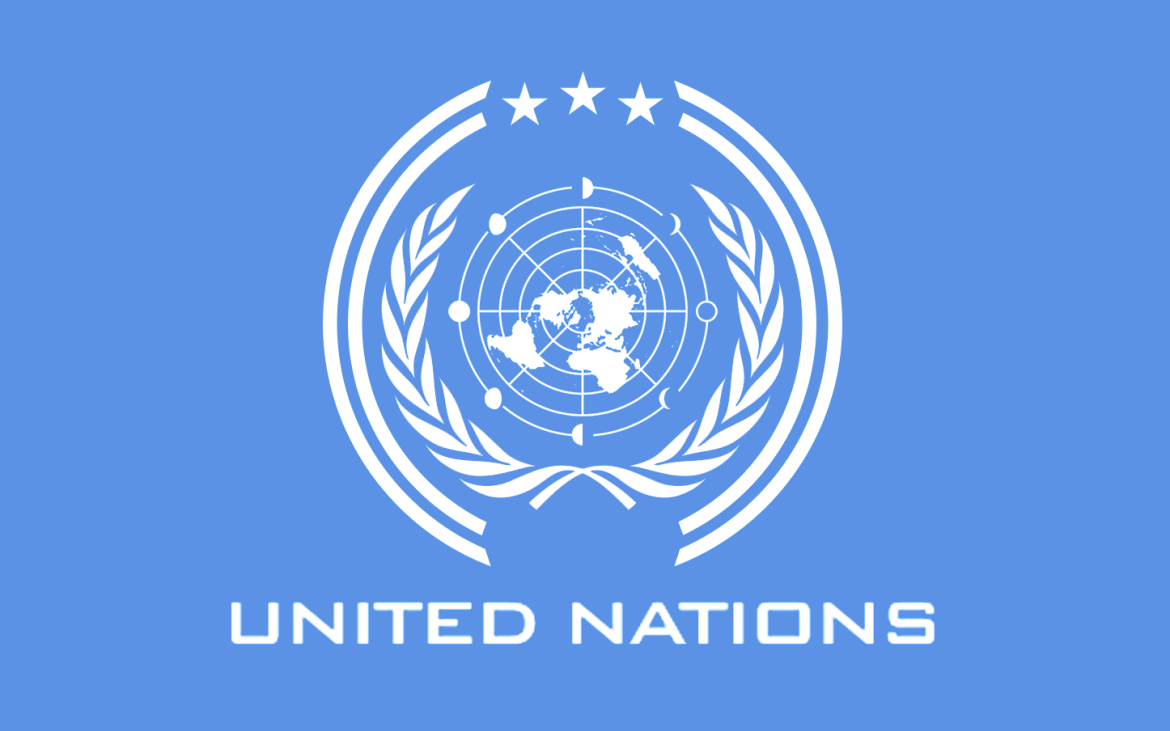By Muhammad Amaan
The Office of the United Nations High Commissioner for Refugees (UNHCR) said UN agencies and their humanitarian partners are providing life-saving relief to families in Nigeria who lost their homes during recent flooding.
The UNHCR Representative in Nigeria, Arjun Jain, said the floods had compounded years of prior displacement, food insecurity and economic hardship, with disastrous consequences.
“Communities which, after years of conflict and violence, had started rebuilding their lives were struck by the floods and once again displaced,” he told journalists attending the regular UN humanitarian briefing in Geneva.
Heavy rains had ravaged 30 of the country’s 36 states and the Government has reported 269 deaths so far, while over a million people have been affected and more than 640,000 are now displaced.
Nigeria is among a handful of West African countries that have been hit by torrential rains that have triggered devastating flooding, impacting millions across the region.
The North-Eastern city of Maiduguri, capital of Borno State and a major humanitarian hub, is at the epicentre of the crisis there.
Rains caused a breach in nearby Alau Dam, causing severe flooding that has uprooted more than 400,000 people in recent days.
Half of Maiduguri has been submerged and most residents have lost everything.
Many had already been displaced by conflict or the effects of climate change.
In response to the crisis, UNHCR and partners have been working tirelessly to support those affected.
Staff are providing tarpaulins, blankets, sleeping mats, mosquito nets and other essential items.
Emergency cash assistance is also being given to single-parent families, people with disabilities and families with young children to help them purchase food and other necessities.
UNHCR, however, warned that supplies there are quickly depleting, meaning the agency can only meet less than 10 per cent of the urgent needs.
“When the floodwaters finally recede, thousands of families will face the daunting task of returning to homes that have been destroyed.
“They will need significant support to rebuild homes, livelihoods, and a sense of normalcy,” Jain said.
In the meantime, the UN and partners are collecting more data to help assess and address the overall needs.
“But we cannot afford to wait,” he warned, adding, “The urgency of this crisis requires immediate action and increased support for flood-affected families, in Maiduguri and elsewhere in Nigeria.”
Jain said there were currently 3.6 million internally displaced people in Nigeria, mostly in the northeast, and the country hosts almost 100,000 asylum-seekers and refugees.
UNHCR is seeking $107.1 million for operations there this year, but he said the appeal was just 28 per cent funded by the end of August
Meanwhile, the World Food Programme (WFP) has set up food kitchens in four camps in Maiduguri, where families can get nutritious meals of rice and beans.
WFP is ramping up support across West Africa, where torrential rains have unleashed catastrophic floods impacting over four million people in 14 countries.
The agency is providing people in hard-hit areas in Chad, Liberia, Mali and Niger with emergency cash and food assistance.
At the same time, WFP is calling for investments in early warning systems, disaster risk financing and other measures to help mitigate flood and climate risks.




